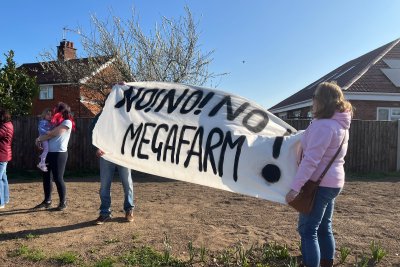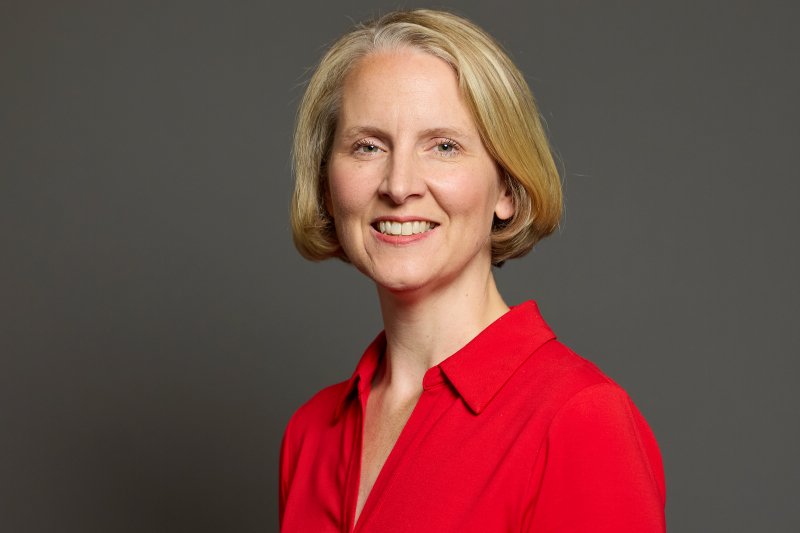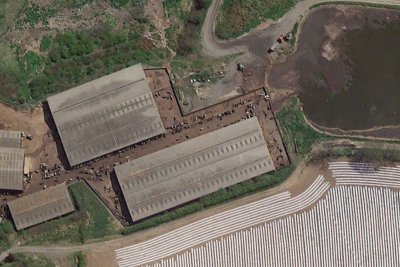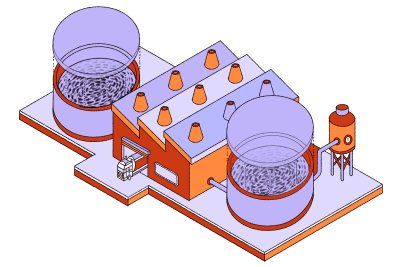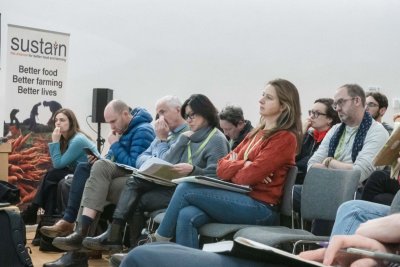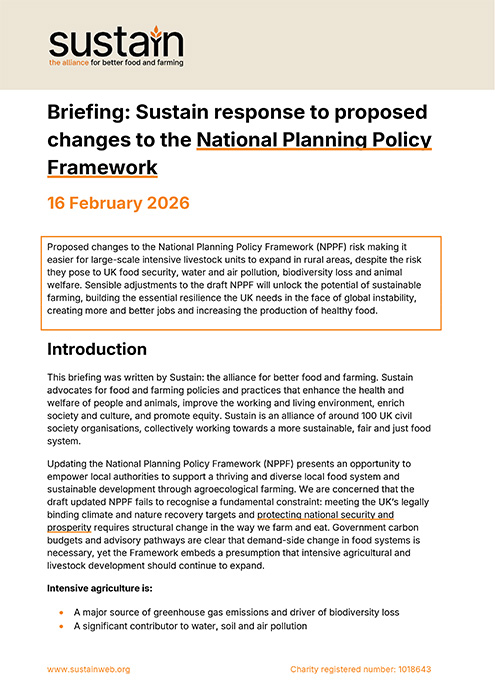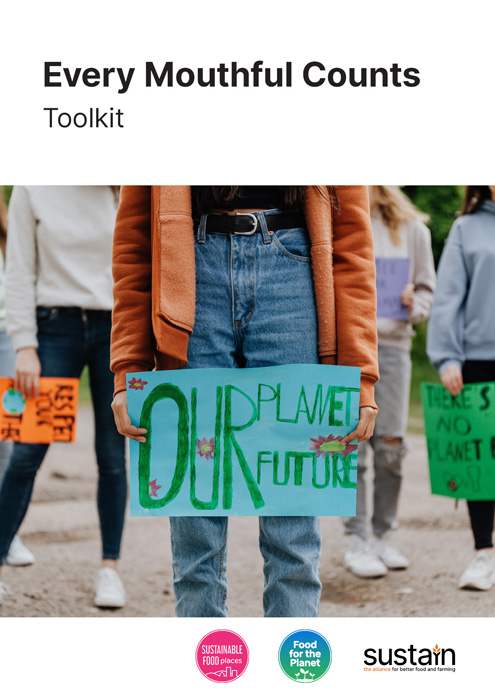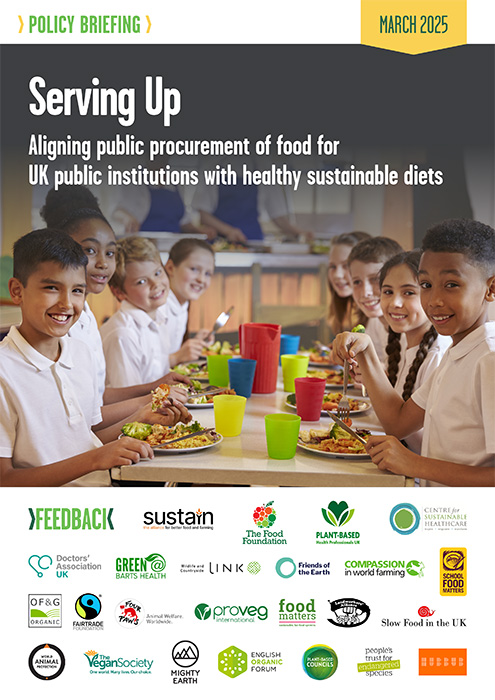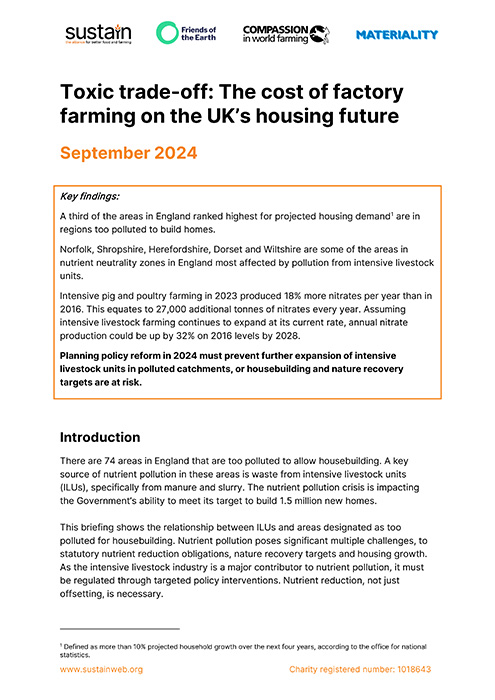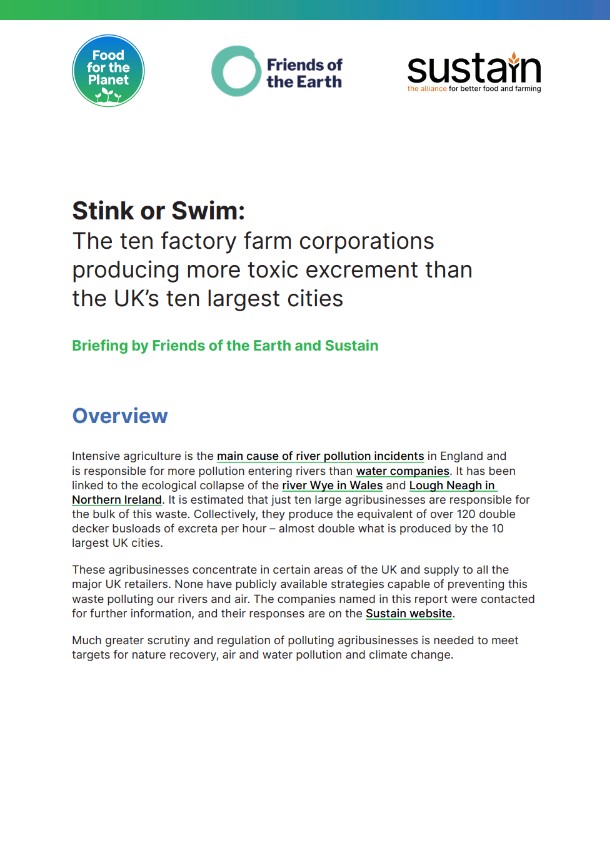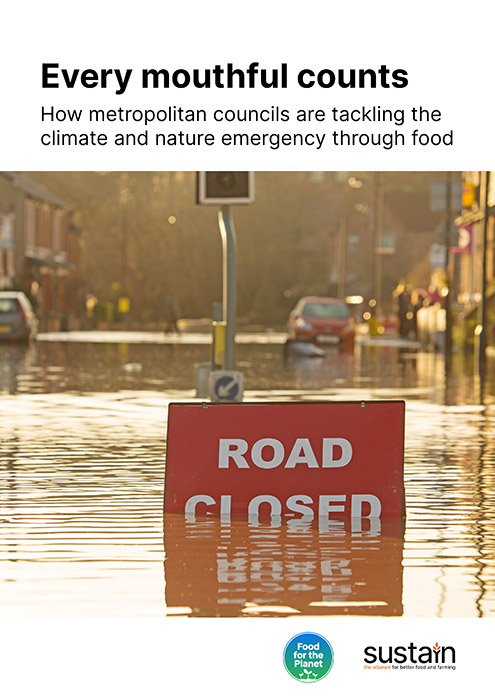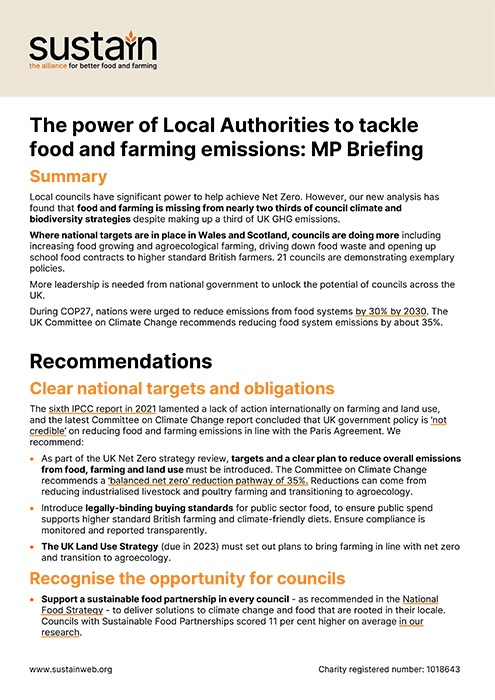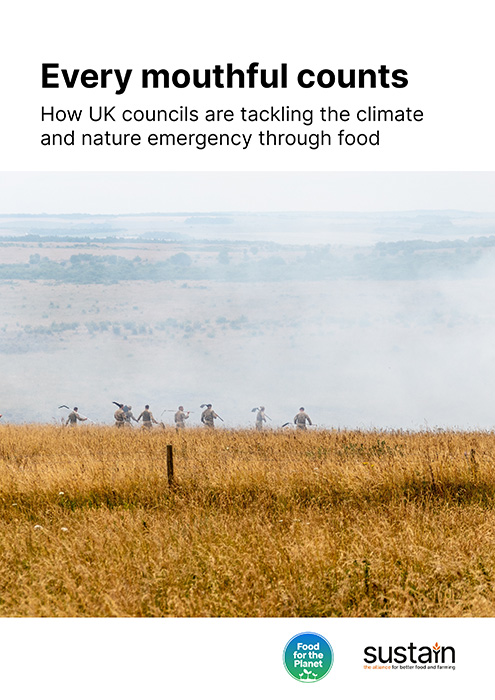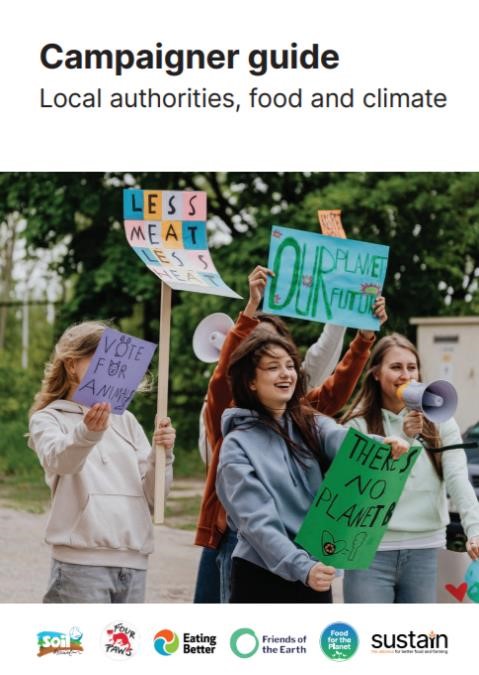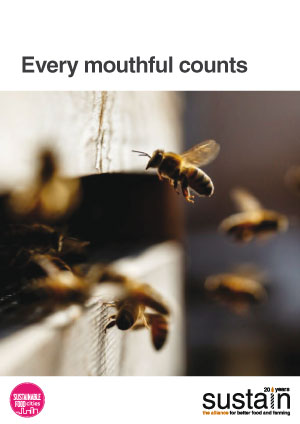Britain's factory farms are polluting rivers, fuelling climate collapse, and propping up a global system of exploitation and profit. We’re fighting back.
Pollution. Deforestation. Disease. Injustice.

In the UK, intensive livestock units have been expanding at an unsustainable rate. Backed by decision-makers and billion-dollar agribusinesses, they are replacing rural jobs with automation, degrading precious ecosystems, and threatening public health.
Research by Compassion in World Farming found that the number of ‘US style factory farms’ has increased by 20% since 2016. While agribusinesses make record profits, communities are the victims of the destruction and harm these intensive units cause.
Costing jobs in farming

In the UK, the rise of intensive livestock farming is estimated to have cost 14,000 jobs. They also take missions in public subsidies which could be supporting sustainable farming.
Between 1961 and 2019, UK meat production was 87% up, but agricultural employment was 68% down.
Water pollution

Agriculture is now the leading cause of serious water pollution in England - factory farms are responsible for over half of pollution incidents, more than all cities, towns, and wastewater systems combined.
Chicken feed crops are fertilised with nitrogen-rich chemicals. That nitrogen ends up in manure, spread on land. What isn’t absorbed leaches into groundwater and rivers. The River Wye is one of the most visible examples of this system breaking down, but sadly it is far from the exception. Across the UK, agricultural run-off is overwhelming waterways.
More about the impact of factory farming on rivers can be found in our blog.
Biodiversity loss

Nearly half of the UK’s biodiversity has been lost and livestock production is a huge driver. In fact, over half of UK’s wheat, barley and oats are fed to animals with the rest of the feed imported, some from areas cleared for soy in Eastern Europe and South America. Forests and Indigenous land are erased in the process.
Avian flu outbreaks linked to intensive poultry farming have spread to wild birds and mammals.
Systemic animal suffering

Factory farming prioritises profit over human and animal wellbeing, and in such a system animal suffering is evident. Recent undercover footage from Animal Justice Project revealed pigs beaten, injured, and dying inside a Cranswick farm, the developer behind our Norfolk campaign. A 2023 investigation by The Ecologist exposed dead and suffering animals at other Cranswick-linked sites in Norfolk and Lincolnshire.
According to the Eating Better alliance, these systems ‘bake in’ animal suffering because they force producers to operate at maximum efficiency, which incentivises confinement and mutilation.
Climate impacts: local to the global

Livestock farming emits methane and nitrous oxide; greenhouse gases that are dozens to hundreds of times more powerful than CO₂ over a 20-year period. These emissions come from manure, fertilisers, and the animals themselves. Intensive farming accelerates this by intensifying the scale, waste, and concentration of production in one place.
Factory farming also ties the UK to the offshored environmental costs of industrial agriculture. The demand for cheap feed, primarily soy, fuels deforestation in countries like Brazil and Argentina. These land use changes release vast carbon stores, destroy biodiversity, and displace Indigenous communities.
The sector undermines national and international climate targets. The UK government has committed to net zero by 2050, but there is still no serious plan to reduce livestock emissions, despite latest advice from the Climate Change Committee to reduce meat and dairy in the UK diet by 35% and overwhelming evidence that the current scale and intensity of production is incompatible with climate stability.
By locking in a model of overproduction and dependency on global feed imports, industrial meat production fuels ecological instability at every level.
Power and profit

A small number of global agribusinesses dominate meat production. They profit from land grabs, deforestation, and cheap labour while communities deal with the consequences.
Environmental enforcement is almost non-existent. An investigation by Sustain and Feedback uncovered over 700 breaches of environmental permits by intensive livestock units in East Anglia alone, almost all without prosecution.
Behind this industry are some of the world’s most powerful agribusinesses. Companies like Cargill, Avara, and JBS operate through global supply chains that link UK meat production to deforestation, land grabs, and pollution across the Global South. These corporations shape UK policy through lobbying and partnerships, while extracting profit from environmental harm on across the world. The result is an intensive food system built on unaccountable power, ecological collapse, and systemic injustice.
Manipulating demand for unhealthy and unsustainable diets

The agribusinesses behind intensive livestock use a range of tactics to encourage consumers to eat more meat, and thus increase ‘demand’ and justify their own expansion. This includes spending millions on advertising, marketing their products as climate-friendly, natural, targeting young people and spreading misinformation about alternatives
Planning is the pressure point

Intensive livestock units require planning permission from local planning authorities. Local residents have the right to object. Local plans, environmental law, and national policy can all be used to stop or delay developments because these units often fail to meet the requirements around emissions, odour, climate change or biodiversity.
We’ve spent the last few years working with communities severely impacted by intensive livestock units in the UK. In early 2025, we supported with residents in Methwold, Norfolk to successfully block a mega pig farm in a national first. We worked with colleagues at Feedback and Ruchi Parekh, a brilliant environmental law barrister at Cornerstone Chambers, to show that planning applications for intensive livestock units should include a full greenhouse gas assessment. The developers failed to produce one and their application to build one of the largest factory farms in Europe was unanimously refused.
It set a precedent we want to build on; giving communities and councils the tools to block every new factory farm in the UK and stopping the system for good.
What we’re doing
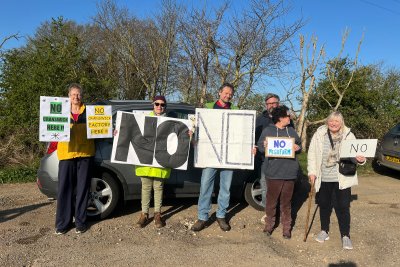
We’re supporting new objections across the country, including against repeat developers, using the precedent set in Methwold to expose the routine unlawfulness of planning applications for ILUs. We think there are lots of applications that don’t meet legal requirements and we want to find them.
A new working group now connects campaigners around the country to share tactics and information. We're building infrastructure to connect campaigns, share resources, and make it easier for people to fight factory farms where they live.
We want bigger change. We’re working with other NGOs and campaigners to make the planning system as a whole support sustainable farming, like smaller scale businesses, more vegetables and pulses, market gardens, orchards, and farm shops. For this you need good local planning policy.
Find out more
Local campaigners in Methwold hold up 'No! No! No! Megafarm!' banner to protest proposed megafarm . Credit: Lily O'Mara
Latest
